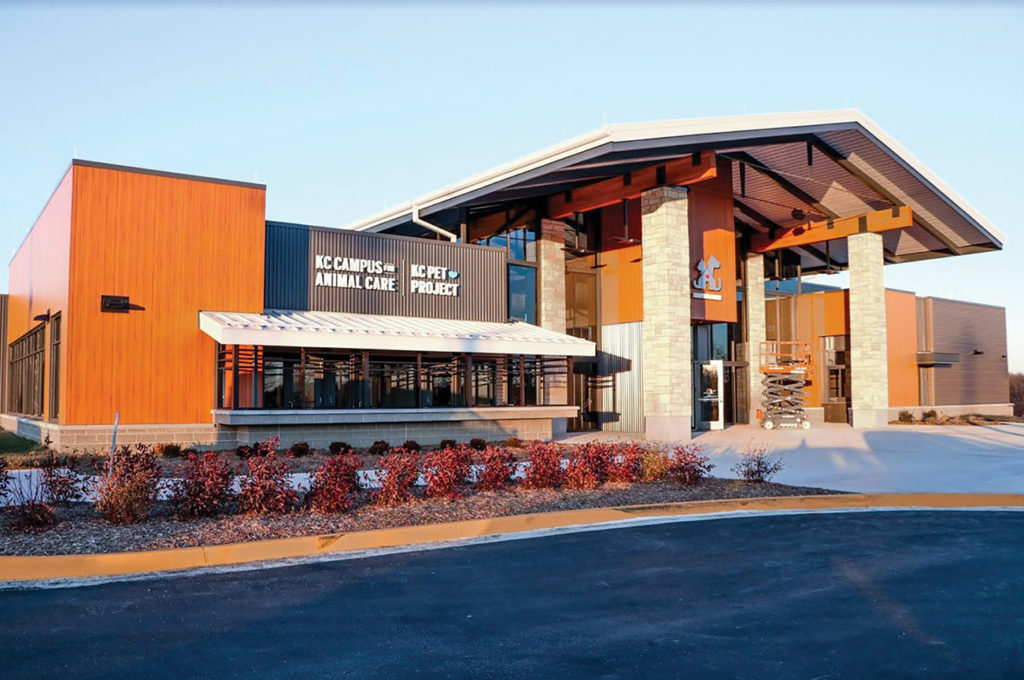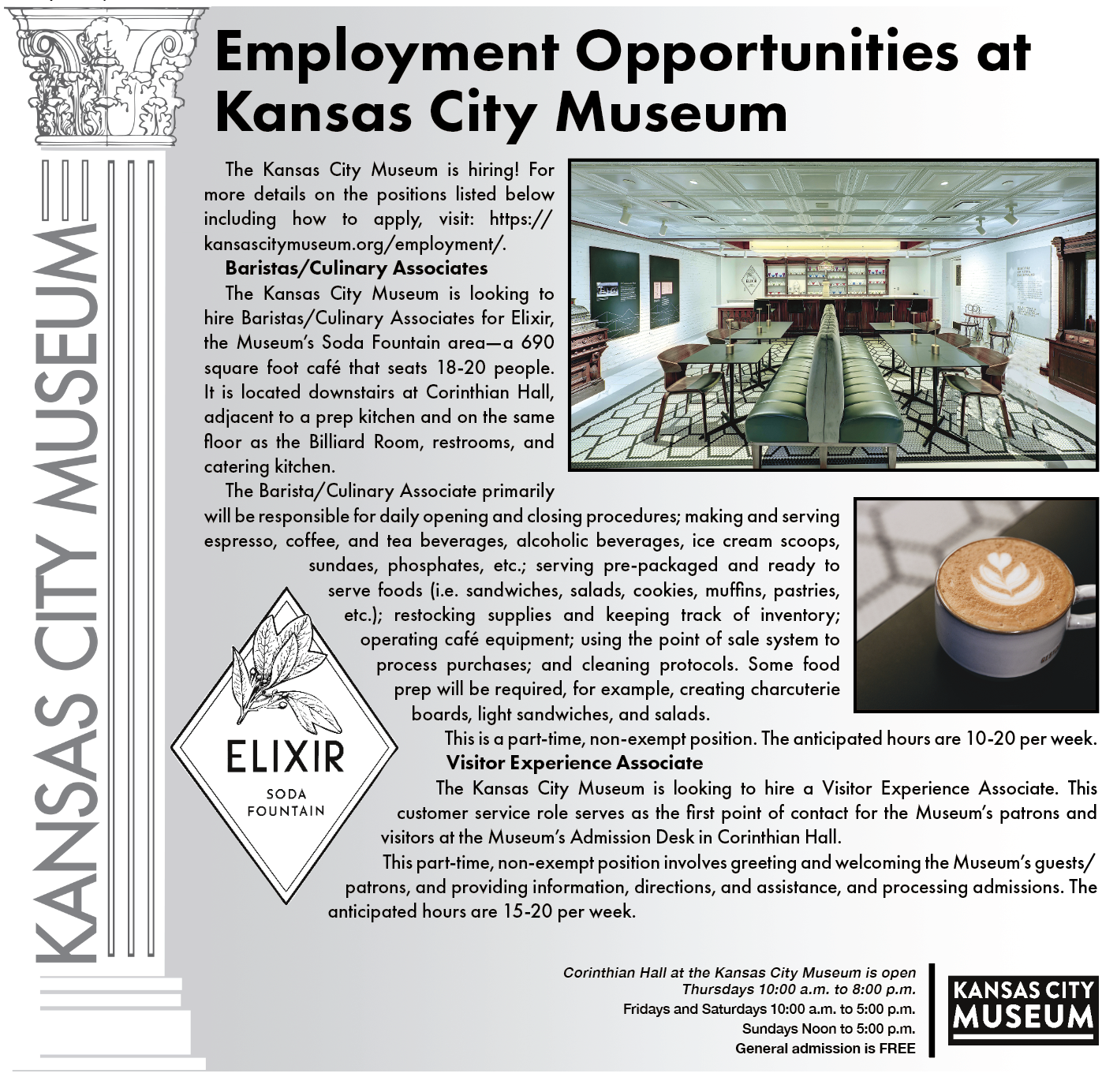
Nikki Lansford
Editorial Assistant
It has been almost five months since Kansas City Pet Project (KCPP) officially assumed the contract for animal control services in Kansas City, Mo. The transition occurred on December 1, 2020, and with it came changes to the City’s animal services.
Since taking charge KCPP has seen an influx of animal service calls come into their KC Campus for Animal Care, located at 7077 Elmwood Ave., said Tori Fugate, Chief Communications Officer for the Kansas City Campus for Animal Care.
“Within our first month, December 2020 versus December of 2019 when the city was doing Animal Services, we saw an increase of calls by 219%,” Fugate said. “And the call volume has been such that we’ve seen about 1,400 calls for service every month. That’s about 30 to 40 calls every day.”
With only 15 Animal Service Officers on staff, April Moore, Chief of Animal Services for KCPP, said dispatchers have to prioritize the calls based on need for immediate response. Certain situations, such as a neglect case, obviously take priority over something like a neighbor’s pet defecating on someone else’s lawn, she said.
In cases of neglect, KCPP is taking a different approach than how the city had previously handled it. Moore said when officers show up to a neglect case, they are trained to talk with the pet’s owner, assess the situation and then determine whether – with time and resources – the owner would be able to properly care for the animal.
“The general approach we take with neglect cases is we want to honor that human-animal bond, but we don’t want to negate our responsibility around protecting animals from neglectful and cruel situations,” Moore said.
If at any point the owner says they are not interested, or the situation changes and the animal is no longer in a safe environment, or the animal’s health is at risk, Moore said the pet will then be taken in by KCPP.
“One of our goals is to help to keep families together and keep animals home,” Moore said. “It gives us an opportunity, if we can find an owner, to really solve the root causes… and it’s a chance for us to interrupt the cycle.”
Kate Quigley, Director of Chain of Hope, a grassroots organization focused on alleviating the suffering of abused and neglected animals in the urban core, said she has seen issues with this recent policy change.
Chain of Hope volunteers canvas neighborhoods in Kansas City in search of animals in distress. Through her organization’s work, Quigley said she has seen problems with KCPP not taking animals away who were in what she considers inhumane situations.
“As far as animal cruelty and neglect, it has not been going well out here since KCPP took over animal services,” Quigley wrote on Chain of Hope’s Facebook page on March 16. The post was in reference to a situation in which a dog’s chain was too short for her to reach her dog house in the yard during cold weather.
Quigley said that she called KCPP twice about the neglected dog who was just standing in the rain, and both times an officer came to the house only to leave a paper requesting the owner contact KCPP.
Quigley said she was told by a dispatcher from KCPP that they had to speak to the owner before they could do anything as part of the organization’s new approach on dealing with neglect cases.
There are other recent instances Chain of Hope has called attention to on social media. In each situation, Quigley ultimately ended up calling either the Kansas City, Mo., Police Department or the Kansas City, Mo., Fire Department for help due to the lack of an active response from KCPP.
Since KCPP has taken over animal control services for the City, there have been more obstacles than anticipated.
“Our officers were all new to services for the most part, and so there was a bit of a steeper learning curve for them initially,” Moore said.
She is hopeful for the future, though, and says KCPP is evolving their Animal Services Department daily to fulfill the needs of the city’s residents.
In the future, Fugate said the KCPP is planning to organize more events that will allow them to provide the community with more resources, such as offering free identification tags, microchips and vaccinations.
KCPP was selected by city officials in the fall of 2011, and took over the City’s shelter on January 1, 2012. On April 4, 2017, Kansas City, voted to fund a new animal shelter for funding for a new animal shelter. The KC Campus for Animal Care opened on January 1, 2020.


















